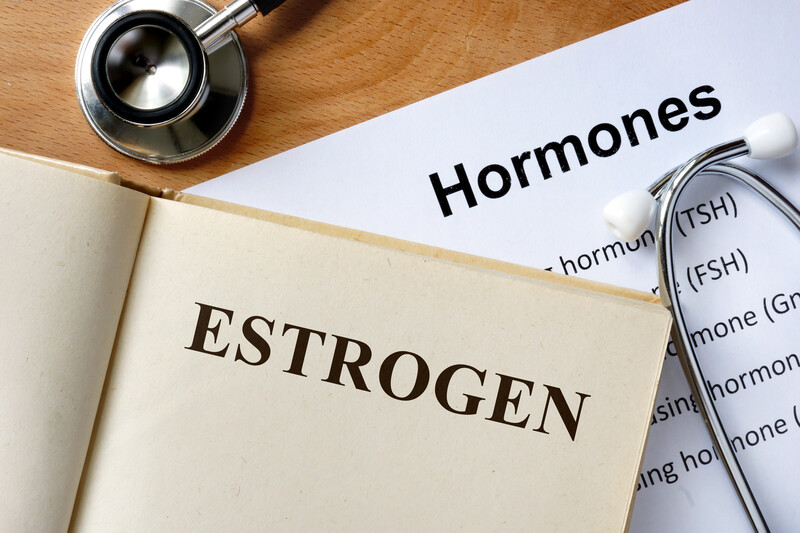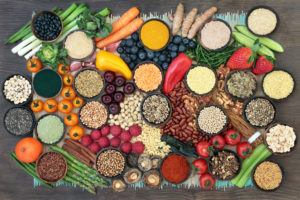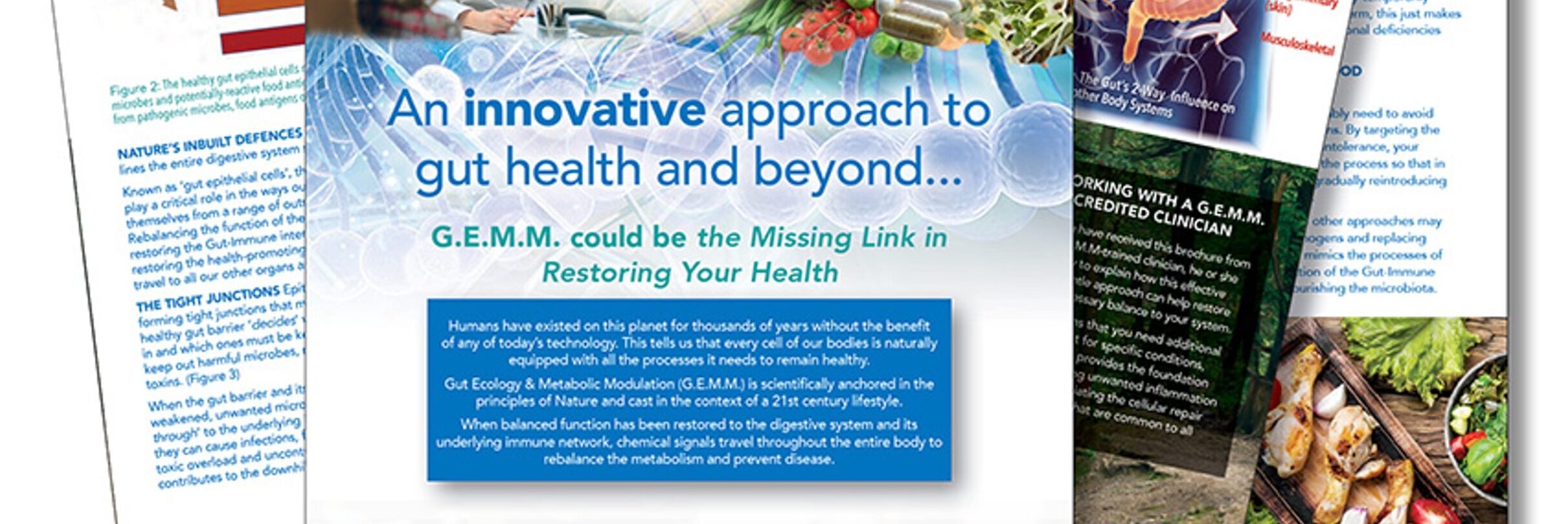My oestrogen-dominance is a thing of the past, but I still remember the increasingly uncomfortable symptoms I experienced up to two weeks before each cycle ended. Migraines, bloating, water-retention, especially in my breasts – to a degree that a touch alone became a painful experience. I became emotionally volatile and I experienced infertility. Frankly it was hard for me to see women around me getting pregnant with such ease. The one thing I was spared was – pain beyond a few minutes once my menses started. When I moved into menopause – it felt like a blessing, even though there is a host of other potential problems arising from LOW oestrogen. If only I knew then, what I know now.
When I was perimenopausal – I had a complete female hormonal profile done. My oestrogen showed average levels and my progesterone was high (for my age) – my doctor-friend reckoned it was due to my years of practising Yoga. I used to sleep very well at that time. From a purely laboratory perspective, there seemed to be not much wrong.
However, there were some distinct tell-tale-signs I didn’t recognize at the time. Firstly I have been known as a “cheap high”, i.e. it just took one glass of wine for me to feel really tipsy, secondly – I needed to make sure I drank coffee at the latest 12 pm, any later and I would stay awake for the rest of the night. Other tell-tale sign may include food- and chemical sensitivities, constipation, menstrual problems, fatigue, or skin- and sinus-reactions – the latter was another burden I carried.
Coffee and alcohol are recognised as neurotoxins by the body and the liver attempts to quickly process them to ensure the survival of all other vital functions. The liver is a complex organ and involved in a multitude of functions including processing of other toxic substances such as – bacteria, prescription drugs, OTC drugs, pesticides, arachidonic acid (from eating animal proteins), heavy metals and hormones. It then renders them into water-soluble substances ready to be excreted via faeces and urine.
The liver also:
- Regulates sex hormone levels and eliminates excess hormones.
- Stores and regulates sugar (in form of glycogen)
- Produces and stores proteins
- Produces bile for fat-digestion
- Produces and recycles red blood cells (erythrocytes), blood proteins, and clotting factors
- Stores vitamins and minerals (iron, copper, B12, vitamin A, D, E and K)
The liver detoxes in two major phases:
Phase I (cytochrome P450 enzyme-pathway) transforms toxins into intermediary metabolites.
- This phase then leads to phase II – where further reactions take place.
- A variety of nutrients are necessary to perform this transformation:
- g. Vit. B-Complex, glutathione, branched-chain AA, flavonoids and phospholipids.
- For instance, coffee gets metabolized via phase I.
Phase II (conjugation-pathways) consists of several reactions that convert the fat-soluble toxic chemicals into water-soluble end-products to be excreted via faeces and urine.
- The nutrients glycine, taurine, glutamine, N-acetylcysteine, methionine is needed for this task.
- If phase II reactions are no functioning properly, the metabolites create highly reactive oxygen intermediaries (free radicals or oxidants) that may lead to secondary tissue damage.
- Incompletely metabolised toxins get re-circulated back into the blood stream and store in fat tissues, intestines, the brain and nervous system.
- For instance, aspirin and paracetamol get metabolised via phase II
From my tell-tale signs – and a DNA-test done later confirmed this – I deducted that my liver detoxification pathways weren’t working well. If you want certainty, there are actual tests that can be done. Functional Liver Detoxification Profile can be administered in almost every lab in the world.
So, what can we do to make our Liver work more efficiently?
From a physical perspective we can:
- Eat organic and real foods (no processed foods)
- Eat bitters: e.g. bitter gourd, dandelion greens
- Eat cruciferous vegetables: e.g. broccoli, kale (kangkong or Bak choy in Asia), radish, cabbage
- Add garlic and onions to your foods – they assist in removal of heavy metals from the liver
- Stay hydrated with fresh purified water and minimise consumption of coffee and alcohol
- Consume liver-protecting herbs, such as Milk Thistle, Turmeric or Hempedu Bumi after food
- Add anti-oxidants in form of high-quality supplements: e.g. Phyto berries, wholefood vitamin C, activated B-complexes, Vitamin E-complexes containing all tocopherols etc.
- Replace chemical and synthetic household cleaners and personal care products with bio-degradable alternatives, such as coconut-based cleaning products and essential oils.
- There are about 13’000 chemicals used in cosmetics alone and even more in household-cleaners, laundry-powders, and air-fresheners, just to state a few (Mercola, 2015)
- Replace all plastic bottles and food containers with glass, avoid eating food out of plastic!
- They contain paraben, phthalates and other xenoestrogens that disrupt normal oestrogen-metabolism.
From a mental perspective we can:
- Practise relaxation, meditation, Yoga, Tai-Chi, mindfulness, walking in nature, stress-management strategies.
- Stress is one of most powerful triggers of any chronic illness and creates toxins in the body. Many disorders originate from stress, especially if the stress is severe and prolonged. Hormones, neuroendocrine mediators, peptides, and neurotransmitters are all involved in the body’s response to stress (Yaribeygi, Panahi, Sahraei, Johnston, & Sahebkar, 2017)
From a social perspective we can:
- Cultivate meaningful relationships and let go of toxic ones.
- Research done over a 12-year period, following 10’000 subjects showed individuals being at greater risk for developing heart problems than those whose relationship were not negative (Carter, 2011).
- Toxic relationship can be with a friend, co-worker, partner or parent-child.
From a spiritual or universal perspective, we can:

- Connect to our higher purpose, forgive others and ourselves, move on and/or surrender
- Not everything is in our complete control and it’s ok to let go of something that doesn’t work for us anymore
- Practice EFT (emotional freedom technique) or Ho’oponopono (Hawaian forgiveness and gratefulness practice)
- Write into a journal and add five things you are grateful for on a daily basis
- Learn to just be – be a human being, not a human-doing
Written by Monika Ramasamy, 9.5.2019
Feel free to share this post, simply click below.
References:
Carter, S. B. (2011, August 7). The Hidden Health Hazards of Toxic Relationships. Retrieved from Psychology Today: https://www.psychologytoday.com/intl/blog/high-octane-women/201108/the-hidden-health-hazards-toxic-relationships
Mercola, D. (2015, June 6). Documentary Reveals How Prolific Chemicals Are in Our Daily Lives. Retrieved from MERCOLA Take Control of Your Health: https://articles.mercola.com/sites/articles/archive/2015/06/06/chemical-exposure.aspx
Yaribeygi, H., Panahi, Y., Sahraei, H., Johnston, T. P., & Sahebkar, A. (2017, July 21). The impact of stress on body function: A review. Retrieved from https://www.ncbi.nlm.nih.gov/pmc/articles/PMC5579396/: https://www.ncbi.nlm.nih.gov/pmc/articles/PMC5579396/








